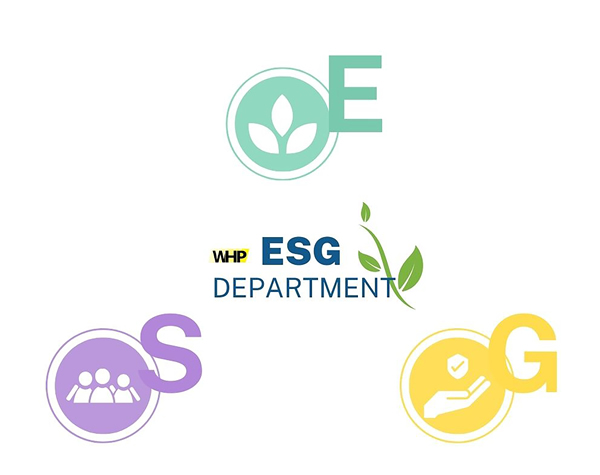In the area of social responsibility, companies must manage issues related to employee welfare, workplace environment, social equity, community involvement, and supply chain management. For example, providing a safe and healthy workplace, competitive salaries and benefits, and opportunities for career development are essential for fulfilling social responsibility. These efforts increase employee satisfaction and loyalty and attract top talent.
In promoting social equity and inclusion, companies should actively foster gender equality, anti-discrimination policies, and a diverse corporate culture. This includes ensuring fairness in recruitment and promotion, eliminating workplace gender and racial discrimination, and offering training and development opportunities. Such efforts help build a more harmonious work environment, boost innovation, and improve market competitiveness.






